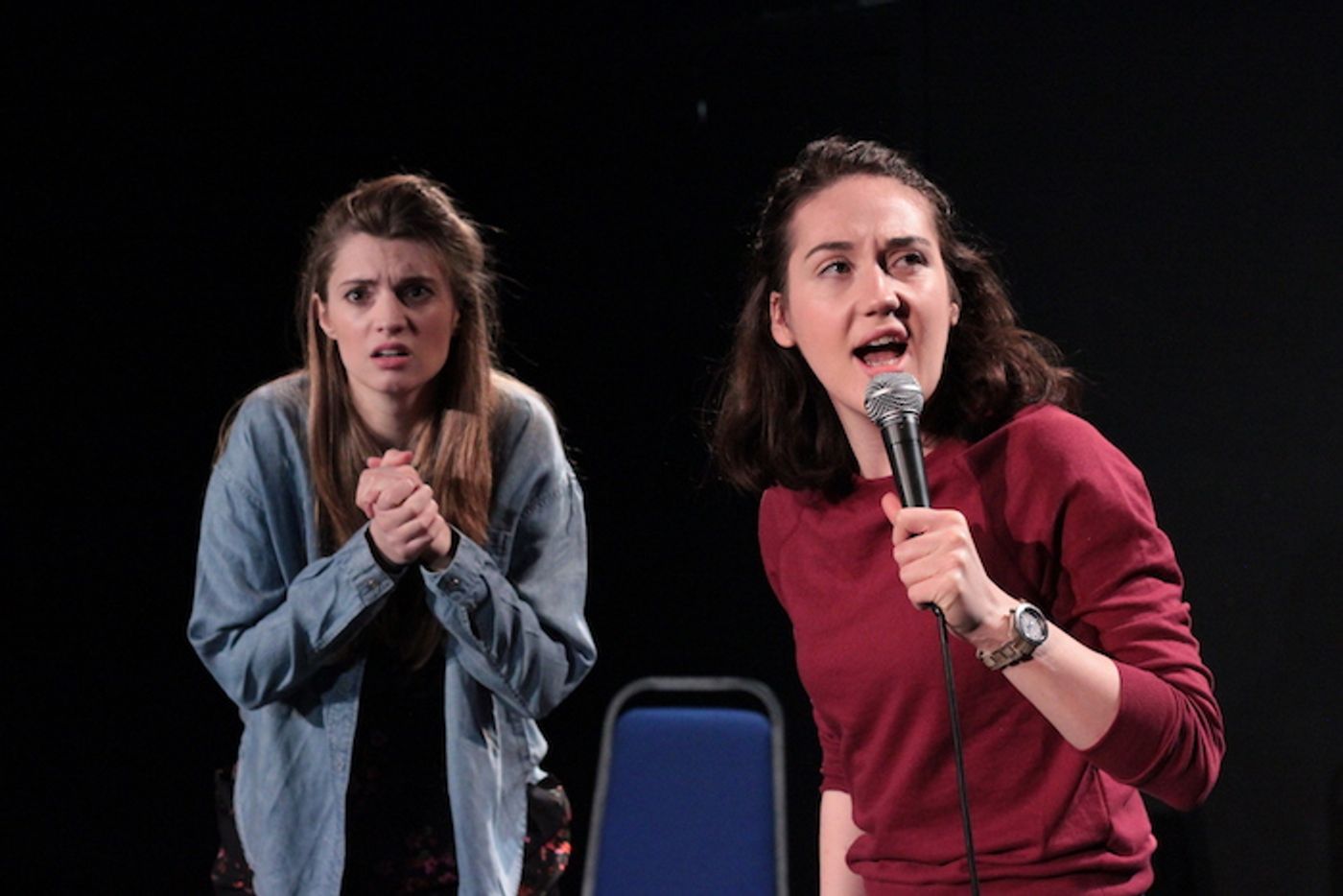Guest Blog: Katie Caden On Female Empowerment and CONQUEST

Politics and theatre are closely intertwined. From 'Black Rod', a senior officer in the Lords, who has the door of the Commons slammed shut in his face annually, to the Speaker of the House being physically dragged from his post when he is replaced, the performance and rituals that have sustained Parliament for hundreds of years can all be seen as a great act: the theatre of democracy.
But there's another similarity between theatre and politics. They are both worlds originally constructed and run by men.
Women in theatre are still outnumbered 2:1 and for women in Parliament it's an even more dismal picture: 29% of MPS are female - a historical record! Progress is being made but slowly, and all-female shortlists, as well as BAME shortlists, are viewed with disdain by some politicians.
Meritocracy - they say - lets the best candidates rise to the top, not the tokenism of shortlists. Labour MP Angela Eagle has said her folly going into Parliament was to believe that meritocracy existed. Eagle found herself missing out on opportunities as she failed to navigate the network of bargaining and scheming that her male colleagues saw as being business as usual - no thought given to how this might clash with their precious concept of meritocracy.
Meritocracy then is ticking the correct boxes, and those boxes might just be intrinsically masculine. Margaret Thatcher took voice coaching to lower her voice. Deep voices have more gravitas. They get listened to. And how many women today have been told to ensure they deliver a good, firm handshake at work? What is this, if not a display of physical strength? Male power is a playbook we're all drawing from.

Theatre can feel like it's operating in the same way. Of Michael Billington's 101 Greatest Plays, five were written by women. Playwright David Hare has complained about the new direction of the Royal Court, describing Vicky Featherstone as failing to champion a "voice of generation", resulting in "a chaos of voices".
The Court has produced a greater diversity of voices under Featherstone's directorship, instead of one (male) writer dominating the stage. This approach could be seen as more collaborative and democratic, allowing more voices to be heard.
But instead (male) heavyweights of theatre see it as a fractured culture that's led to an "absence of feeling that anything is very important". Those with the monopoly on power, when challenged, seek to smear it as a threat to the institution itself.
As in politics, there is a way that things are done. The state-of-the-nation plays that Hare yearns for involve men and can involve women, but very rarely feature only women. Would a "voice of a generation" put female sexuality or motherhood centre stage? How often are shows featuring all-female creative teams relentlessly marketed at women rather than the general theatregoing population?
What do politics and theatre look like through a female prism? Is it possible to pull the structure apart? What does female power look like? This is what our play Conquest is asking. Are radical feminists imitating male power or are they reclaiming it? Do you need to play the game to beat it?
Conquest is a stumbling, imperfect journey towards empowerment from a female perspective. With their faces pressed up against the window of politics and power, the characters are left asking: what happens when you break the window?
It's a story about women working out their own strategies to getting their voices heard - and without their own playbook, sometimes getting it wrong.
Conquest is at VAULT Festival 21-25 February
Photo credit: Robin Hemmings
Videos

